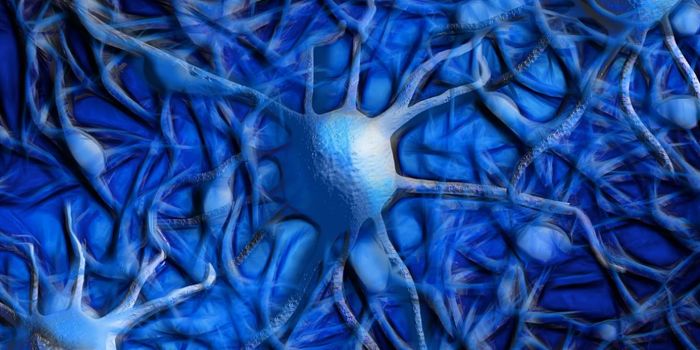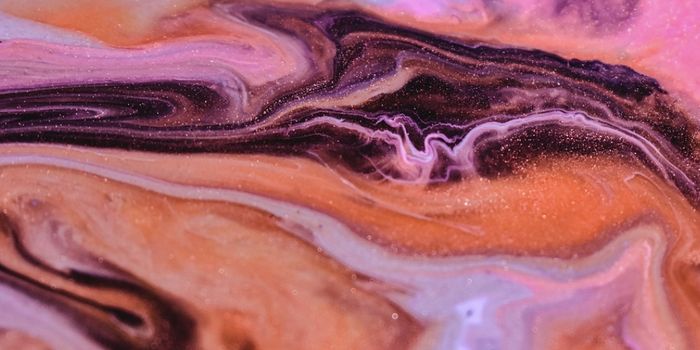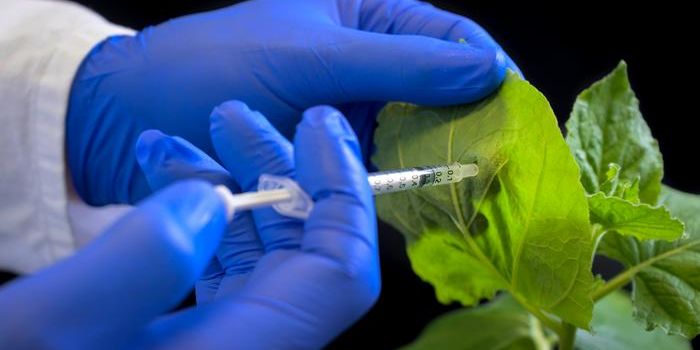How a Genetic Mutation Could Lead to Leaky Gut
In our gut, there is a vast community of microorganisms. It's crucial that they remain there in the gastrointestinal tract, where they serve important functions. But if they or the molecules they generate escape from the gut, they can wreak havoc on the body. The intestinal epithelium is a layer of cells in the gut that functions as a permeable barrier that allows important molecules including nutrients and water to pass through, but keeps other stuff like bacterial proteins out. If that epithelial barrier loses its integrity, a condition called leaky gut, which has been linked to disorders like irritable bowel disease (IBD), may develop. IBD is thought to impact about 6 to 8 million people worldwide.
Researchers have now identified genetic mutations that are associated with leaky gut. This study used a mouse model, human cells in culture, and tissue samples from IBD patients to show that when mutations that delete the function of a protein called PTPN2 occur, gut permeability increases. When a mutation disrupts PTPN2, the levels of another protein called claudin-2 increases. That seems to promote diarrhea by increasing the loss of sodium and water from the gut. The findings have been reported in the Journal of Clinical Investigation.
In mouse models, PTPN2 should reduce the expression of claudin-2. When a mutation takes PTPN2 out of commission, that brake comes off, leading to fluid loss in the gut. “In addition, PTPN2 also promotes an endogenous factor, called matriptase, that removes claudin-2 from the area of the cell membrane where it mediates its effects in allowing fluid loss to occur,” explained study leader Declan F. McCole, a professor of biomedical sciences in the University of California, Riverside School of Medicine.
The study suggested that therefore, PTPN2 can lead to the loss of fluid through two different mechanisms. When the mouse models were treated with synthetic matriptase, the defect could be reversed.
“Our work improves understanding of how the genetics of IBD can contribute to the altered physiology in patients that drives their symptoms,” said McCole, who added that the study seems to confirm previous research suggesting that JAK inhibitors might help restore a leaky gut.
A rare PTPN2 mutation has also been recently identified, and it leads to damage in the gut epithelium of children. This study indicated that the rare mutation increases leakiness in the gut epithelium too, but without causing the death of epithelial cells.
“This suggests that patients who develop this condition may exhibit ‘leaky gut’ before full-blown disease occurs,” McCole said.
Sources: University of California Riverside, Journal of Clinical Investigation






![Everything You Need To Know About NGS [eBook]](https://d3bkbkx82g74b8.cloudfront.net/eyJidWNrZXQiOiJsYWJyb290cy1pbWFnZXMiLCJrZXkiOiJjb250ZW50X2FydGljbGVfcHJvZmlsZV9pbWFnZV9mNTM1ZjIyYzA5MDE5ZmNmMWU5NmI0ZDc4NWU2MzdiZTZlN2I5ZDk5XzE4NDUuanBnIiwiZWRpdHMiOnsidG9Gb3JtYXQiOiJqcGciLCJyZXNpemUiOnsid2lkdGgiOjcwMCwiaGVpZ2h0IjozNTAsImZpdCI6ImNvdmVyIiwicG9zaXRpb24iOiJjZW50ZXIiLCJiYWNrZ3JvdW5kIjoiI2ZmZiJ9LCJmbGF0dGVuIjp7ImJhY2tncm91bmQiOiIjZmZmIn19fQ==)


